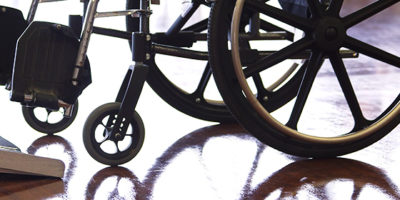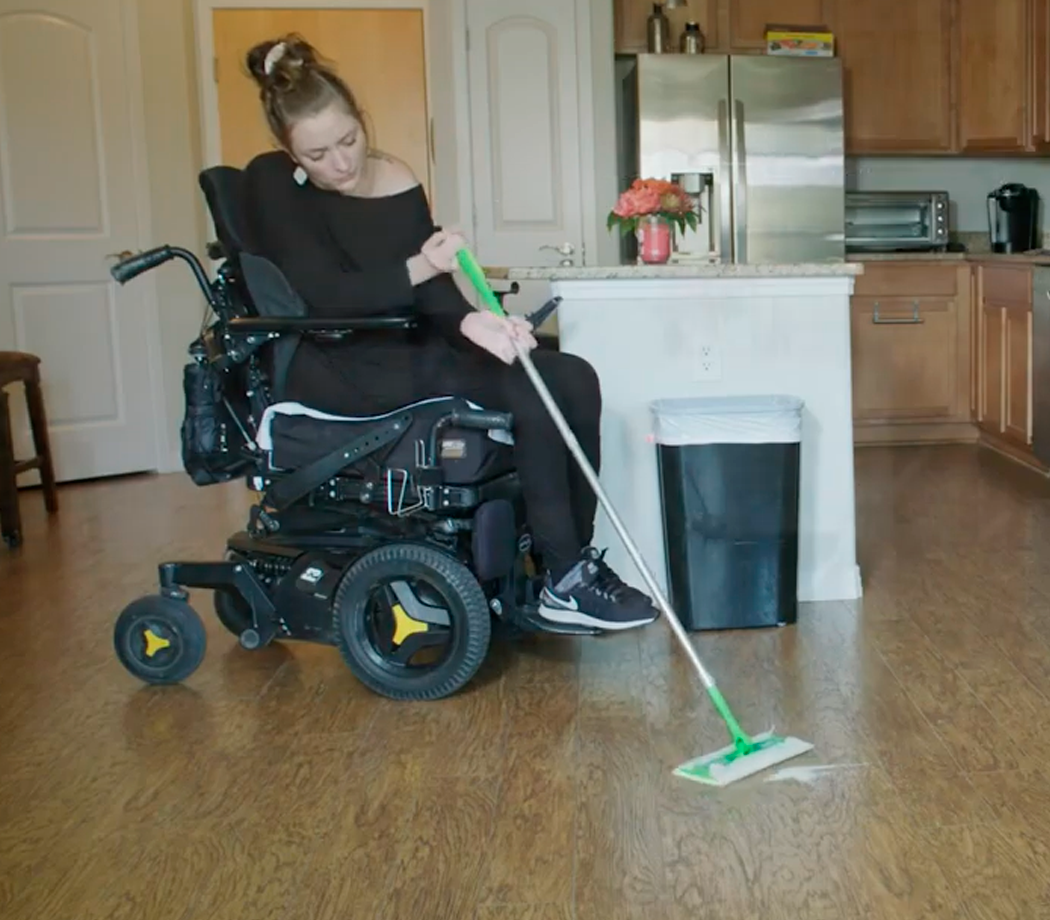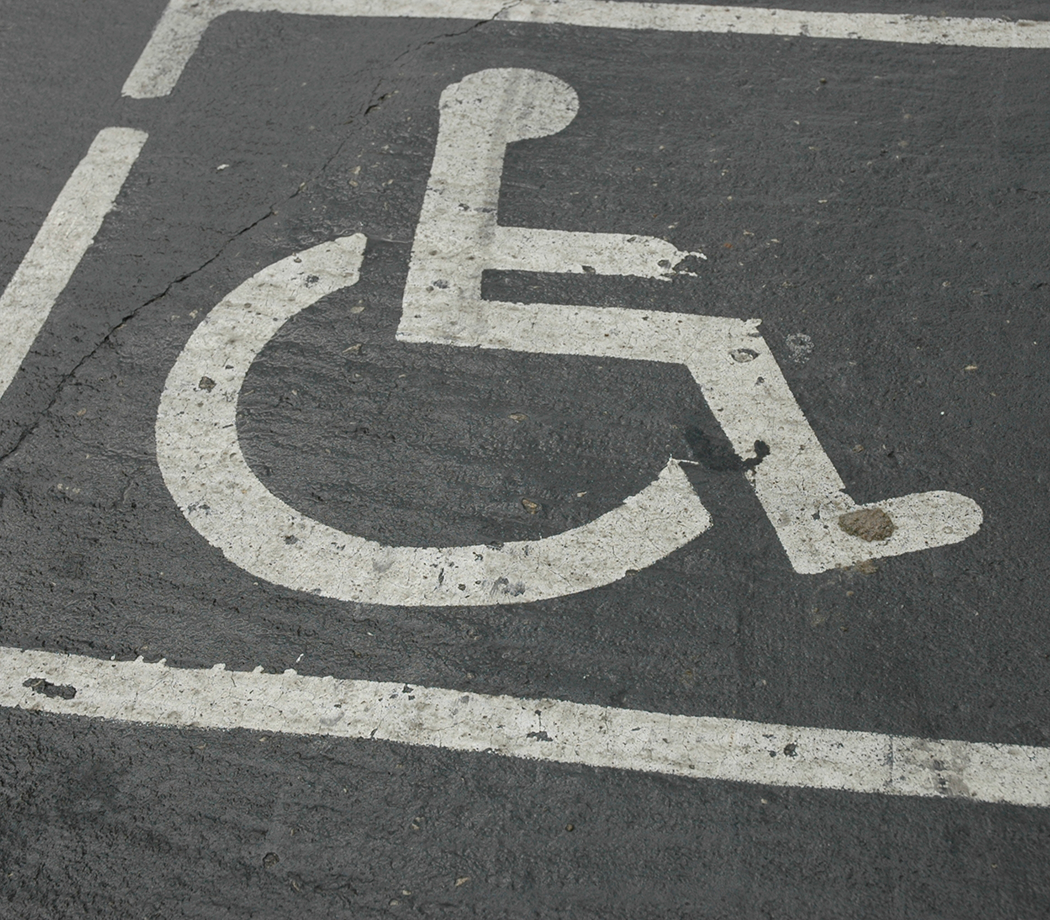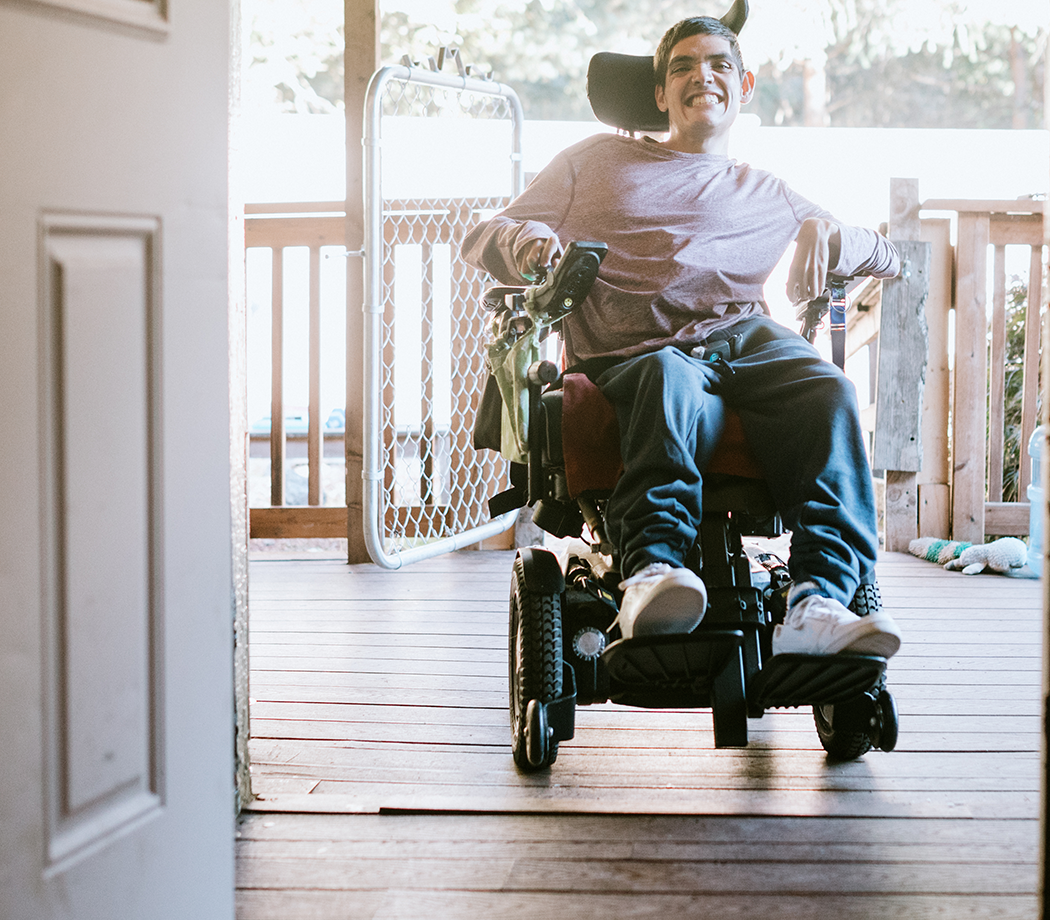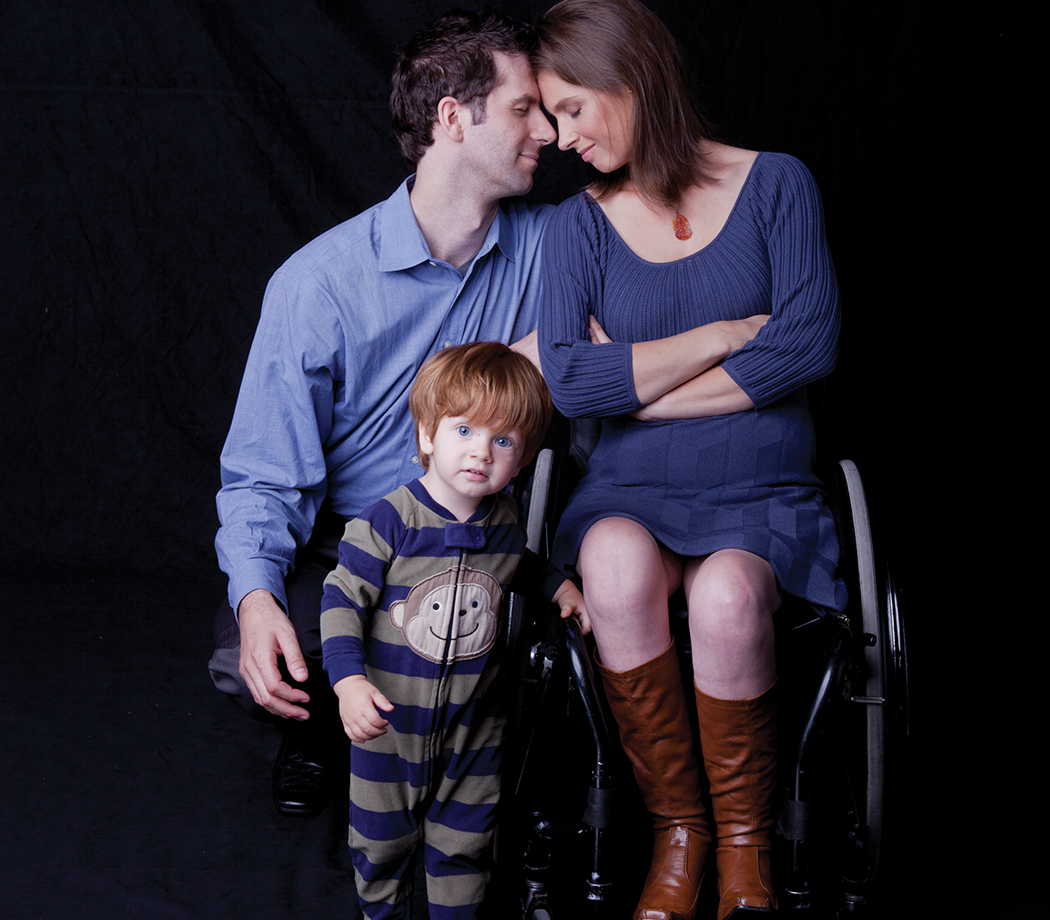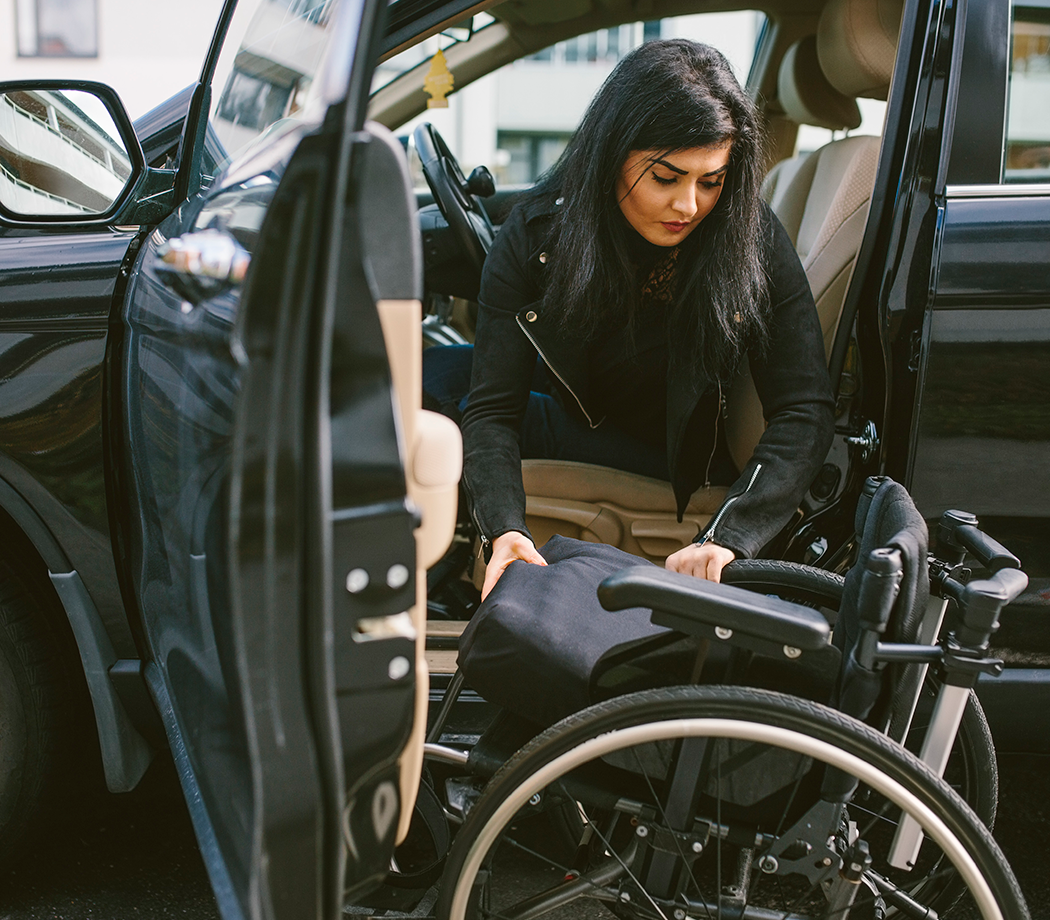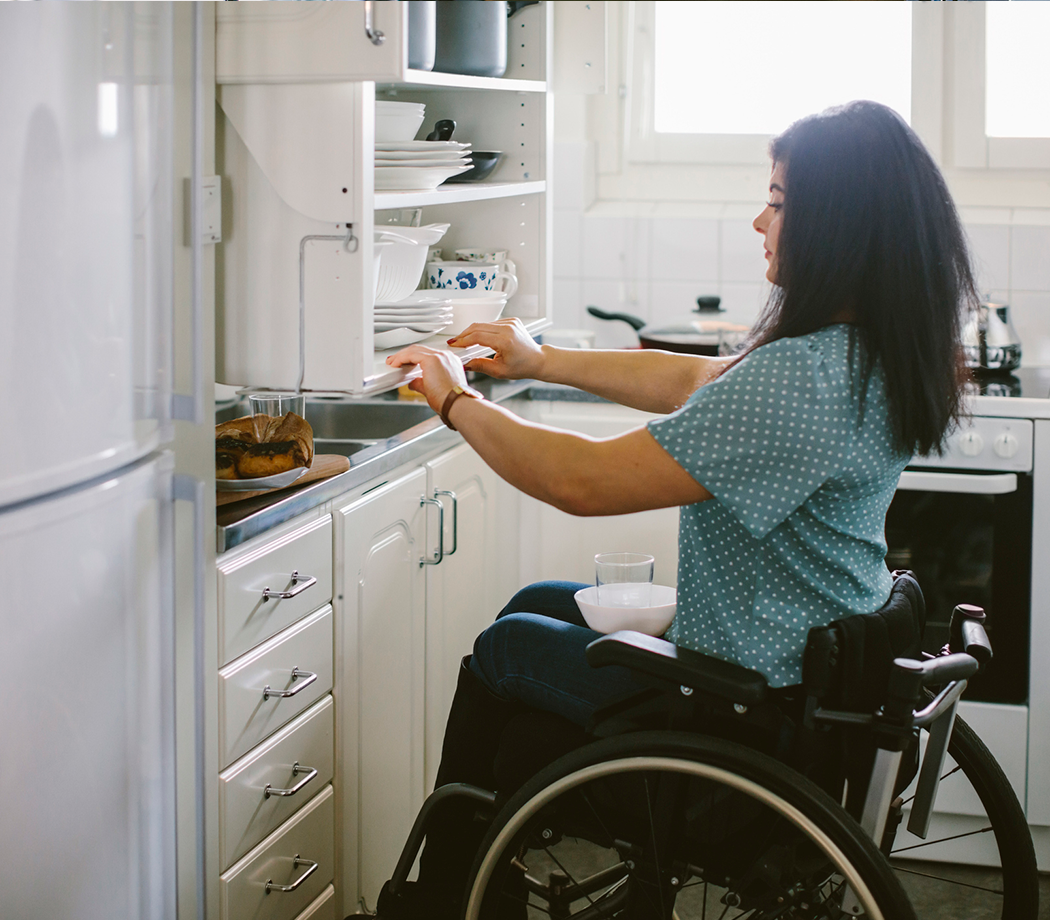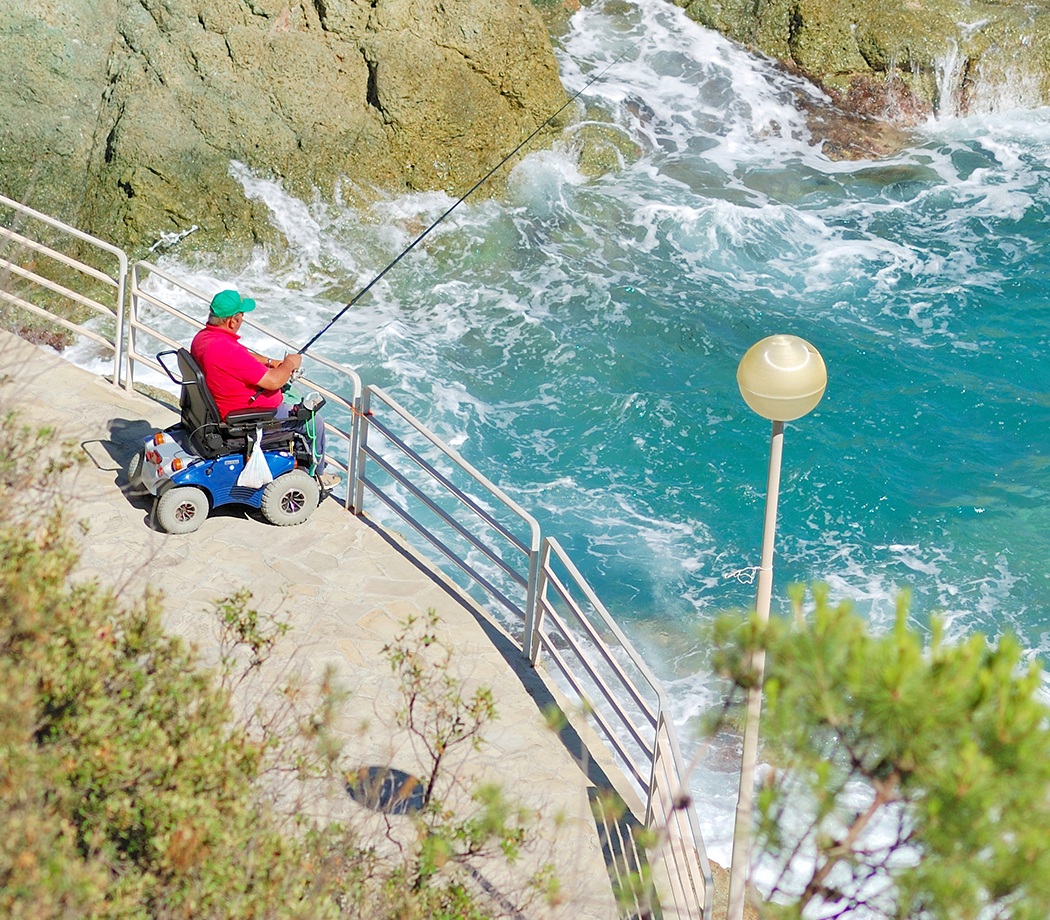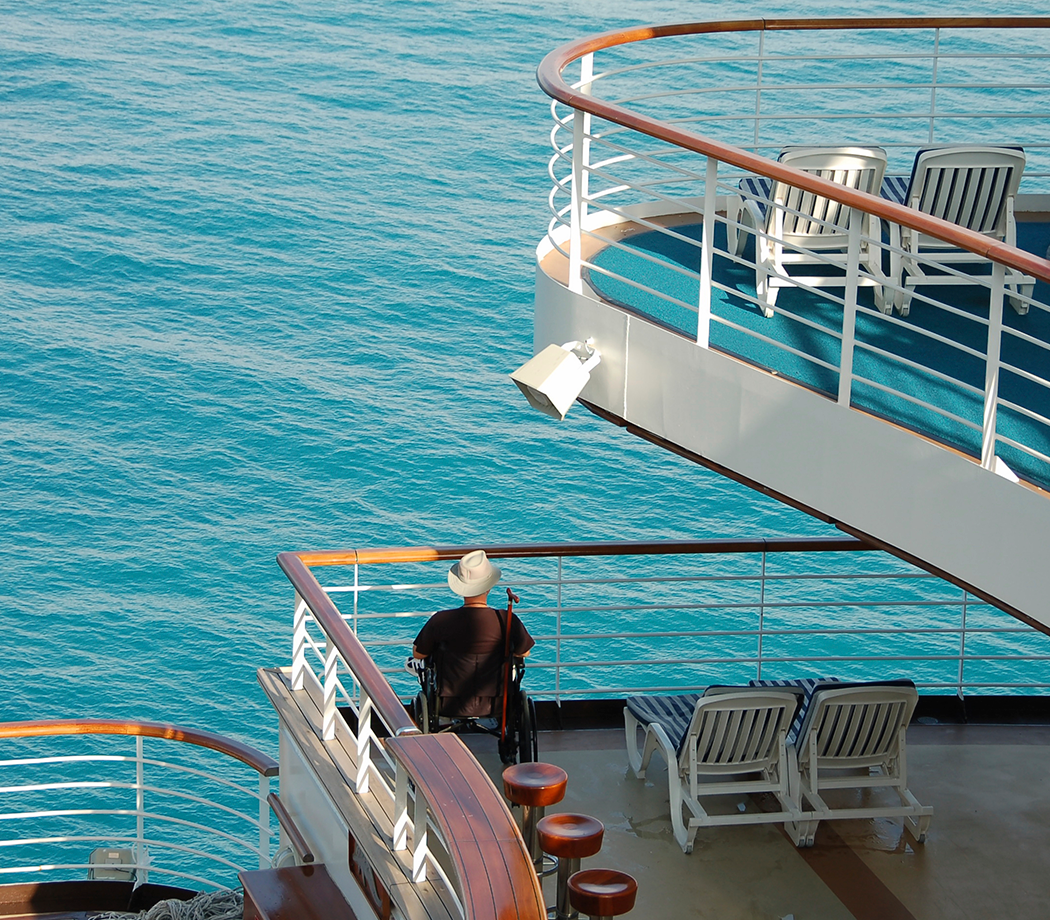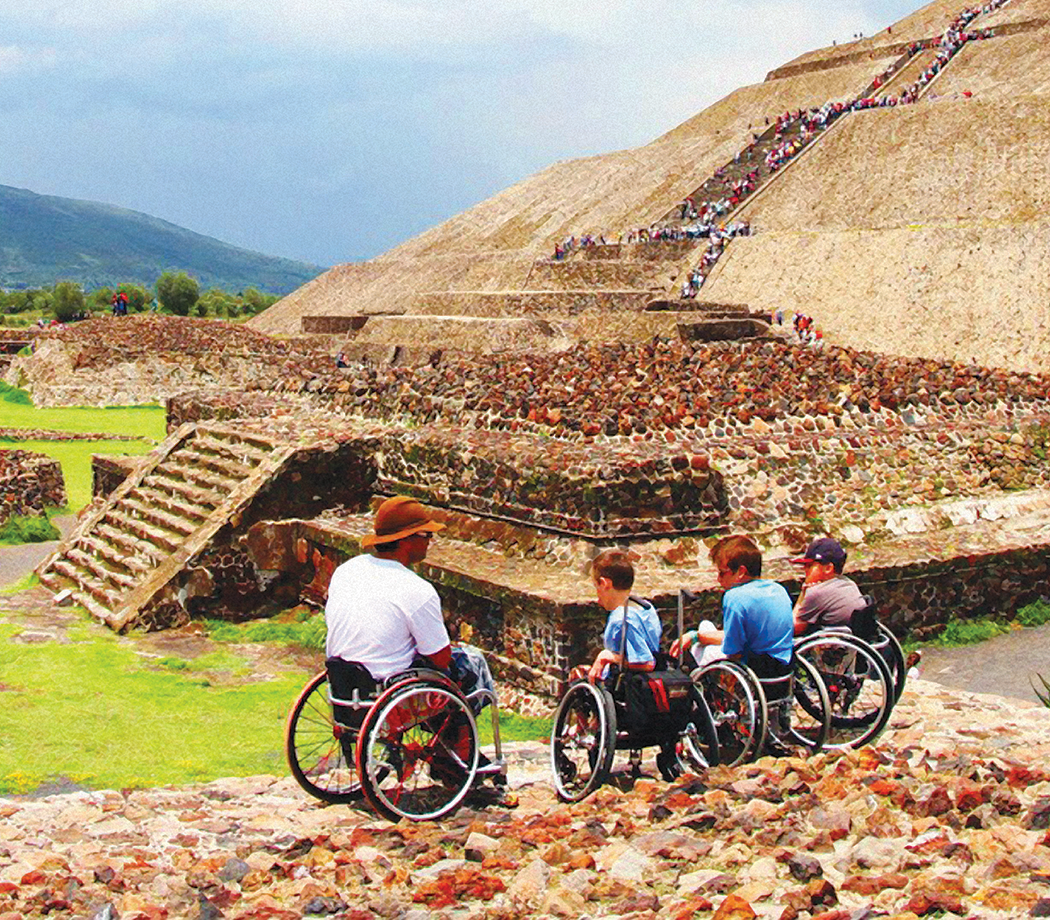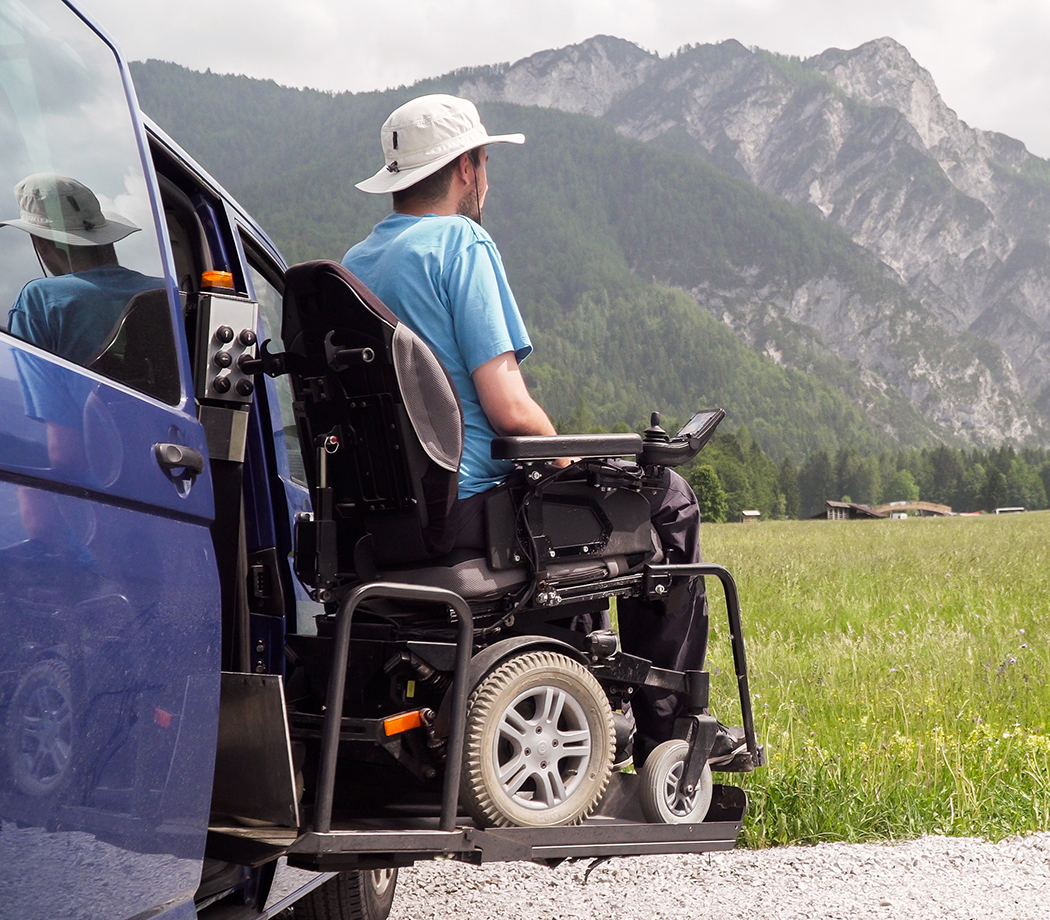Stay Healthy on the Road
Whether at home or on the road, it is important to put your health first. Cristina Sadowsky, M.D., physician at Kennedy Krieger and Johns Hopkins in Baltimore, Maryland, shares simple travel tips to ensure that individuals living with paralysis are healthy and safe.
Stay Supplied
- Get a 10-day prescription of your most effective antibiotics to take with you when traveling or fill your prescriptions with a national pharmacy chain.
- Some medications (such as nPhenol, for neurolytic blocks) cannot tolerate direct sunlight. The doctor doing the block will tell you that, and to not take it on a trip.
- Some medications are vasodilators that make blood vessels widen, so they can make you more light-headed when sitting in the sun. Examples include Nitroglycerin for autonomic dysreflexia and some bladder medications like Flomax.
- Be sure to never leave medications in direct sunlight or heat.
Keep Hydrated
What you sweat out, you have to replenish. The average adult needs two liters of liquid per day. This can be 2 ½ liters in the heat of the summer with more sweating.
Drink both water and Gatorade, as it has electrolytes. Secondary conditions are a concern for people living with paralysis, so do not drink anything with a lot of sugar, such as soda, as it can be bad for your kidneys and overall bladder health.
Additionally, avoid excessive alcohol drinking because the dilation of alcohol produces more sweat, which will make you have to keep hydrated more. Also keep in mind that some medications can interact poorly with alcohol.
Wear a Hat and Appropriate Layering
Individuals with spinal cord injuries have a hard enough time regulating their body temperatures. Wear a hat that is of a lighter color to deflect radiation, and that is made of breathable material to not retain heat or humidity.
The transition from heat to cold can cause shortness of breath or wheezing. People with a higher level of injury can experience hyper reactivity of their pulmonary system. Layers will ease temperature regulation so that you can go from colder to warmer environments.
Take Vitamin C
Vitamin C has a number of benefits. It is believed to enhance skin quality and have a positive impact on a neurogenic bladder.
Vitamin C can also potentially reduce the risk of contracting a urinary tract infection. Some dermatologists may also tell you to buy a sunscreen with Vitamin C in it.
Check Your Skin
If any part of your skin turns pink, cover immediately. Pay special attention to areas where you have little or no sensation. Be sure others are also keeping their eyes open for any unusual discoloration on your skin.
Always Use Sunscreen
- Use at least SPF 15.
- Make sure the sunscreen has UVA and UVB protection as both reduce the risk of skin cancer/melanoma.
- Keep in mind, lotions expire after 12 months, be sure to replace.
- Reapply sunscreen every two hours, especially when in the water or sweating a lot.
Use Repellent
If in the woods or hunting, be sure to use repellent sprays to avoid ticks and Lyme disease.

